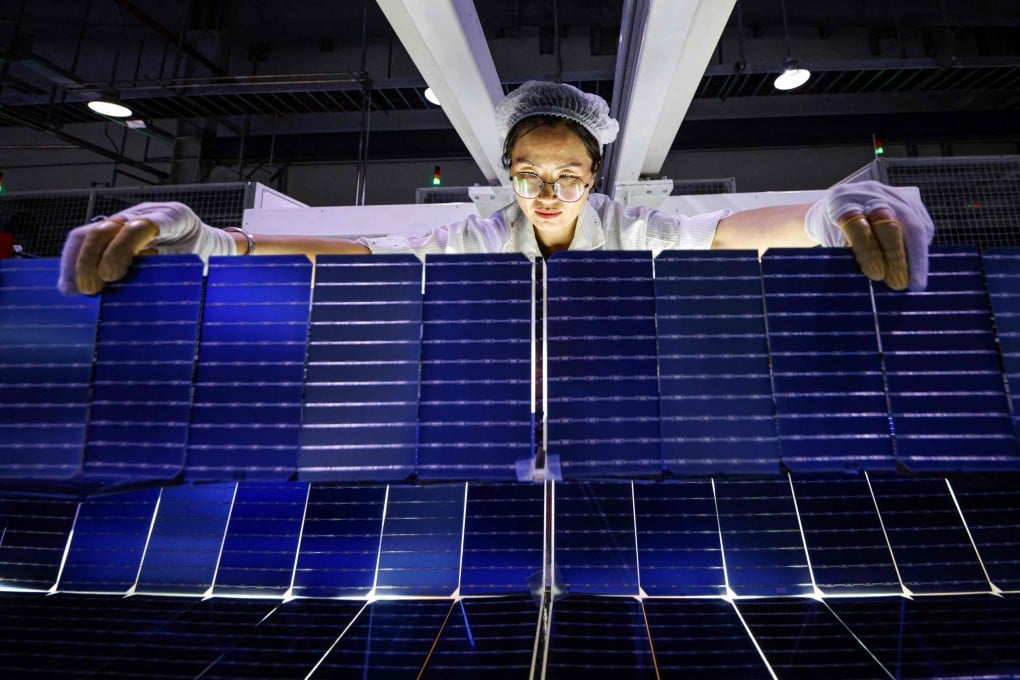Advertisement
Opinion | Asia is emerging as an unlikely champion in race to net zero
The region’s journey to carbon neutrality highlights both the challenges of moving away from fossil fuels and the great potential for progress
Reading Time:3 minutes
Why you can trust SCMP
3

As Azerbaijan’s capital Baku prepares to host the Cop29 climate conference from November 11, Asia stands at a crossroads in the global fight against climate change.
The region, home to 60 per cent of the world’s population and 53 per cent of global emissions, is emerging as an unlikely champion in the race to net zero. While challenges remain formidable and estimates suggest meeting its goals by 2050 will cost about US$70 trillion, Asia’s commitment to climate action is reshaping the global environmental landscape in unprecedented ways.
Asia’s climate journey embodies a striking paradox. The region remains heavily dependent on fossil fuels, with China alone consuming 53.8 per cent of the world’s coal in 2022. However, it is precisely this enormous carbon footprint that has sparked some of the most ambitious climate commitments anywhere.
Advertisement
Southeast Asian nations are showing remarkable leadership in climate action. The Philippines’ bold commitment to reduce emissions by 75 per cent by 2030 sets a new standard for developing nations. Singapore, despite its size, has established a precise emissions cap of 60 million tonnes by 2030, backing this commitment with comprehensive carbon pricing mechanisms and investments in renewable energy infrastructure.
The region’s approach to carbon pricing is particularly noteworthy. Singapore’s carbon tax framework, implemented in 2019, has become a model for other economies. Indonesia’s carbon trading scheme, launched in 2021, shows how emerging economies can integrate market-based mechanisms into their climate strategies while maintaining economic growth.
Advertisement
Vietnam’s renewable energy transformation deserves special mention. It has become a leader in solar power deployment, increasing its capacity to 16.5 gigawatts in just a few years. This shows how rapidly-developing nations can pivot towards clean energy when supported by appropriate policies and international cooperation.
Advertisement
Select Voice
Select Speed
1.00x
